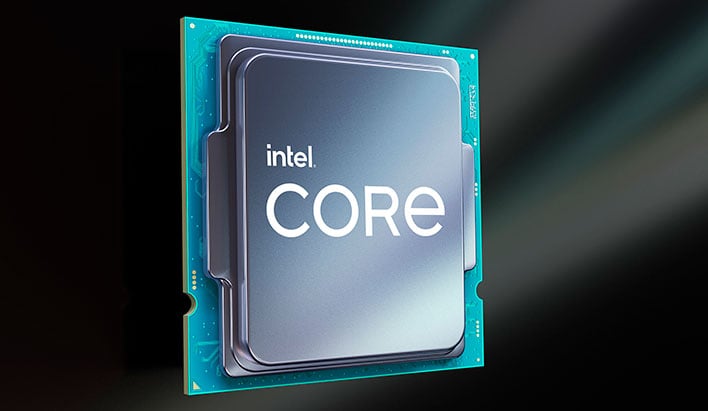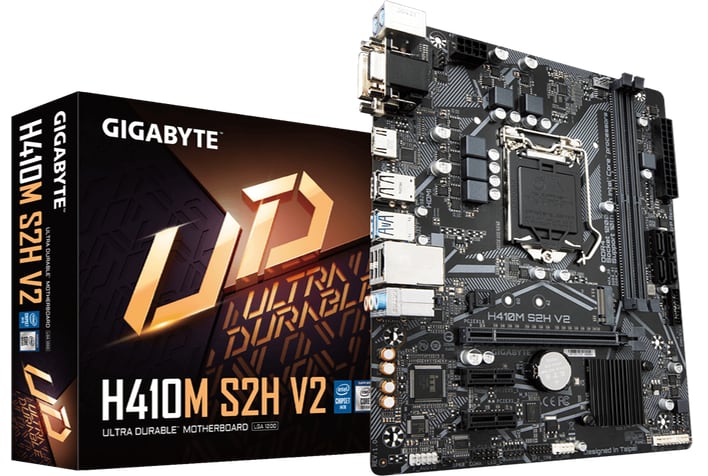Gigabyte Has An Unorthodox Strategy For Supporting Rocket Lake-S On 'H410' Motherboards

According to Intel's recent support document update, the only current generation motherboards that support Rocket Lake-S are those using mid-range H470 and high-end Z490 chipsets. However, some motherboard manufacturers are getting around this limitation by swapping out the H410 and B460 chipset, which are built on a 22nm process node, for the H470.
Gigabyte is apparently one of those motherboard manufacturers that is going this route according to some sleuthing partaken by the folks at Tom’s Hardware. Gigabyte is using a bit of trickery by taking the seemingly more expensive H470 chipset and using it in two entry-level motherboards: the H410M DS2V V2 and H410M S2H V2. It's quite clear what Gigabyte is doing here, and it even directly calls out the use of the H470 in its specifications table for the two motherboards.

While selling a motherboard labeled as the H410M DS2V V2 with an H470 chipset would seemingly be confusing to the untrained eye, this is likely one of the cheapest ways to get a new motherboard with Rocket Lake-S compatibility. Although we don't yet have pricing on either of these new motherboards from Gigabyte, we'd have to assume that going with the H470 is cheaper than a motherboard based on the Z490 or the upcoming H510 and B560 chipsets.
The first Rocket Lake-S processors are due to arrive this quarter, and will bring support for PCIe 4.0 to 500 Series and Z490 (with a BIOS update) motherboards. The flagship of the family is the Core i9-11900K, which has 8 cores and 16 threads. Although the Core i9-11900K has two fewer cores and four fewer threads than its Core i9-10900K predecessor, Intel is promising greater overall performance, especially with regards to single-threaded applications.

